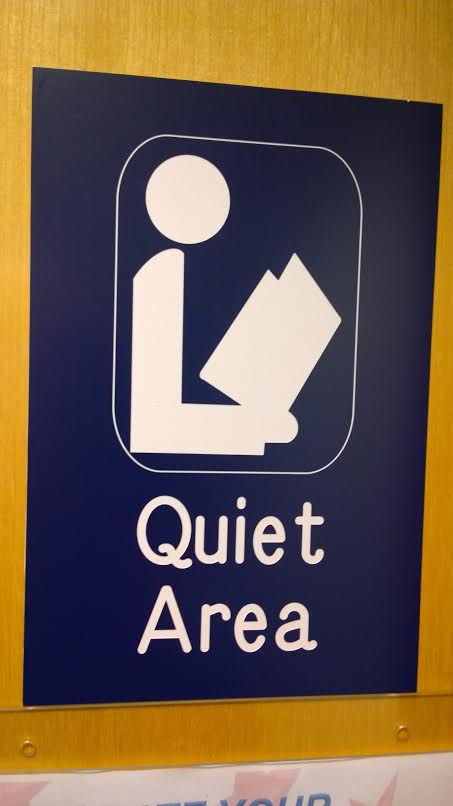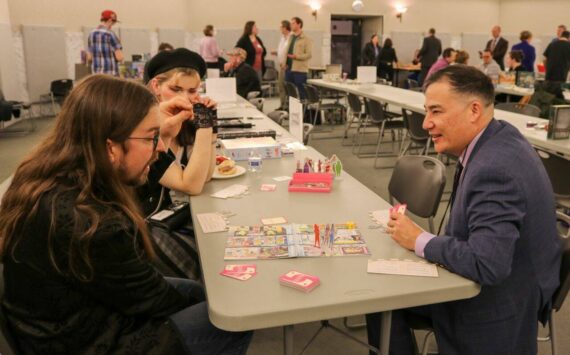By Morf Morford
Tacoma Daily Index


“I read the news today, oh boy” is how John Lennon put it in his part of “A day in the life” from the well-known Sgt. Pepper album.
Back in 1967 everyone (even The Beatles!) read the newspaper. Every city had its own (or two) and everyone, young or old, conservative, moderate or liberal read the same newspaper. “Now we know” is how the song continues. And it was true, the “news” was authoritative.
That was back in the days when it mattered to actually “know” things. Facts could be confirmed and documented. Opinions differed on valuations and priorities, but, for the most part, virtually everyone agreed on the facts.
It seems like an innocent if not naïve concept to most of us now. Fake, biased or distorted news has become our new standard. We don’t argue so much about opinions as much as we do about news and news sources.
We find ourselves defined (or define ourselves) by what we read, watch or listen to.
Our newsfeeds and sidebar ads reflect (and seem to lock us into) our “filter bubbles” of political values and opinions.
2016 and 2017, in a variety of ways, have confirmed this. But maybe, just maybe, we have gone as far as we can in this direction.
It’s possible that the re-release of Sgt. Pepper will revive the physical media of compact discs, just as the Harry Potter books almost single-handedly revived reading of actual books and turned a generation into a generation (at least for a time) of readers.
Maybe CDs will come back. I don’t know about anyone else, but I find listening to music online, while convenient and affordable (usually free) is also low quality, disrupted by annoying ads and prominently displays what bothers me the most; bland algorithms that tell me “if you like this, you’ll probably like that.”
Besides being intrusive and false, this doesn’t help me find any new music (or books). The program assumes that I want something similar – which is not always – or even usually – true.
But it does make me realize what I miss about brick and mortar music and book stores. When I find a book or CD that I like, I may or may not want something similar – but I’m just as likely to want something completely different.
And it depends a lot on my mood and what I have been listening to previously.
I don’t need the formulas of Spotify, Amazon, Pandora or Youtube to tell me what I like. And I certainly don’t like the idea of everything I have listened to being recorded and filed and used to project future preferences.
This makes me like listening to CDs. I listen to what I am in the mood for that moment. I may or may not want to listen to anything similar. And no software program is tracking me.
There’s a freedom to listening to physical media, to reading a book in silence, or even walking purely for the sensory delight of movement and sensing the world around us. And it’s a freedom that, like many other freedoms, has drifted away without most of us noticing.
There was a deeper level of participation and, yes, commitment (partly because of the cost) that defined the reciprocal relationship between the artist and the buyer.
The old school vinyl records had liner notes and many of them had photos, inserts or covers that held layers of information and inspiration – sometimes even song lyrics.
An E-reader or Youtube music video is, at best, a sterile re-recreation of a dynamic piece of passionate expression.
“You get what you pay for” is a cliché of business – and it certainly applies to art. Even my young students bemoan the state of contemporary music. And I have several older students who have been working musicians but left what they love because there wasn’t any money in it.
We do get what we pay for, and somehow we have come to believe that we don’t have to pay for anything.
What have we become when we don’t value books, music or facts? Or even anything that is solid and real.
It would be easy to make the argument that we are forgetting how to read, to think and to listen.
When was the last time you heard a piece of absolutely mesmerizing piece of music, or read a stunning book or had an invigorating conversation?
These might cost very little, but they cost something very few of us have – they require attention and care.
Every culture through-out history has been defined by its arts – its music, its paintings, its statues or its literature.
We can only leave behind what we have. Our cultural remains will probably be our numb, dead and unreadable electronic devices. Instead of literature or music, our defining artifact may be near-eternal e-waste.
Shakespeare will probably still be around. Perhaps fifty years from now there will be another revival of Sgt. Pepper. Or Harry Potter. And people will marvel at the power and durability of human creativity.
And just maybe, inspiration will take root and a new renaissance will flourish where thought, creativity and expression are appreciated – and rewarded.
I just hope literacy exist fifty years from now.










